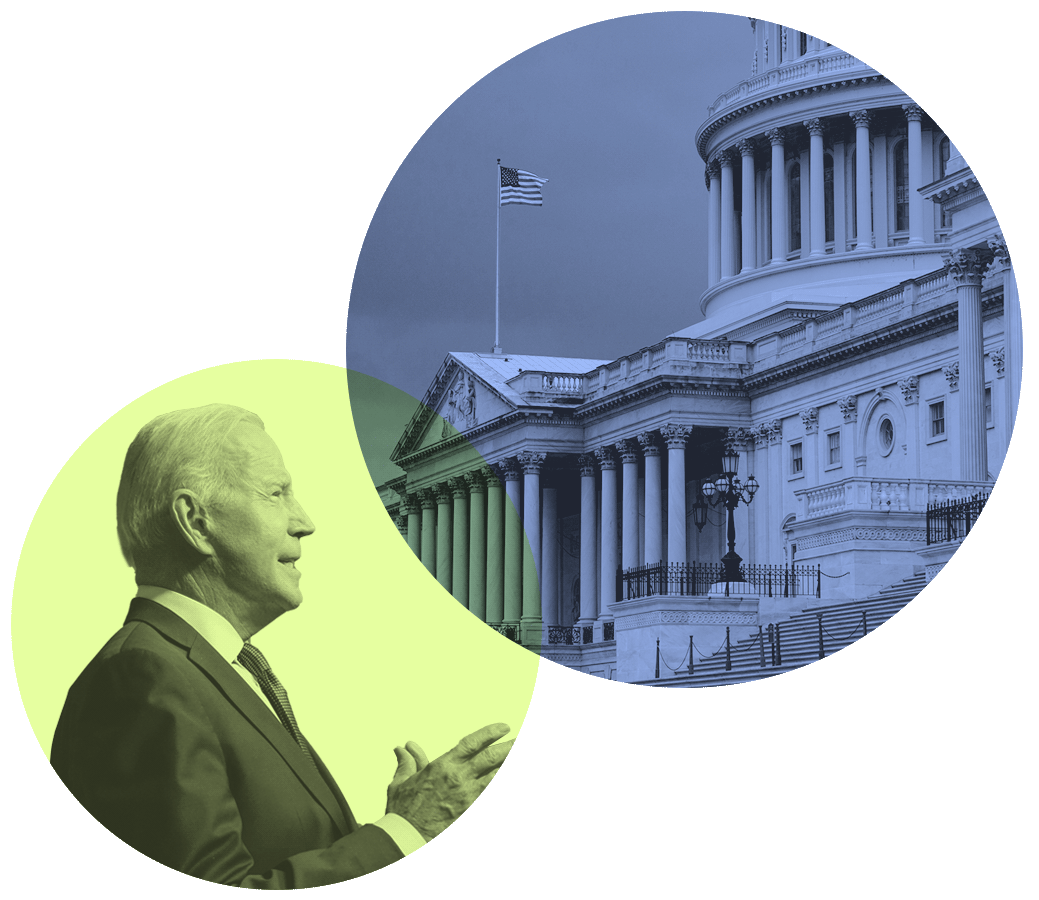A short-run weekly newsletter analyzing federal climate action during the first months of the Biden administration.
Happy Friday! I’m Emily Pontecorvo, and today is Day 80 of the Biden administration. This week, the president introduced a plan to axe fossil fuel subsidies.
Joe Biden’s $2.2 trillion American Jobs Plan is the biggest commitment to tackle climate change a U.S. president has ever made. But the 12 zeroes in the price tag prompt the eternal question: How will we pay for all those charging stations, solar panels, road repairs, public transit projects, broadband cables, and lead-pipe replacements?
The president has said he would raise the money through tax reforms — for example, by making good on his earlier pledge to eliminate subsidies for the fossil fuel industry. And a new tax plan released by Treasury Secretary Janet Yellen on Wednesday shows the administration’s promise to be a Robin Hood for the climate was no joke.
The plan includes seven key reforms, including raising the corporate income tax rate (and thus undoing part of Donald Trump’s signature legislative accomplishment), working with foreign governments to get rid of tax havens, and replacing fossil fuel subsidies with clean energy incentives. “Our tax system contains tax preferences for fossil fuel producers and lacks sufficient incentives for climate-change mitigation,” the plan reads.
The exact amount that American taxpayers hand over to oil and gas and coal companies in the form of yearly tax breaks is hard to pin down. The industry receives some direct incentives, like deductions for drilling costs, and it also takes advantage of a number of other loopholes, like foreign tax credits. One estimate of direct fossil fuel subsidies puts the total at around $20 billion per year. But the biggest break comes from all the externalities the industry doesn’t have to pay for, like the cost of heating up the planet, polluting the environment, and making people sick. A recent study by Matthew Kotchen, a Yale economist, puts those “implicit subsidies” at $62 billion annually.
The Treasury Department’s plan doesn’t specify which fossil fuel handouts the White House wants to cut, but it says the department’s Office of Tax Analysis estimates the U.S. can bring in $35 billion over the next decade through fossil fuel–related reforms. It also cites Kotchen’s study, recognizing the existence of externalities, and proposes one reform to address them directly: restoring a tax on polluting industries to pay for the cleanup of toxic Superfund sites. Lest anyone fear these changes could have unwanted ripple effects on Americans’ wallets, the plan asserts that the cuts would primarily hit companies’ bottom lines, with little impact on the cost at the pump or in utility bills.
While not nothing, $3.5 billion per year obviously pales in comparison to that estimated $20 billion the industry currently gets in tax breaks. And it’s unclear whether Democrats will be able wrest even that amount away with their slim majority in Congress.
In a White House speech on Wednesday, Biden summoned his folksiest defense of the plan: “I’m not trying to punish anybody,” the president said. “But damn it, maybe it’s because I come from a middle-class neighborhood, I’m sick and tired of ordinary people being fleeced.”
But Wait … There’s More.
- The Environmental Protection Agency plans to reverse Trump’s gutting of vehicle emissions standards and propose new, stricter tailpipe limits by the end of July. In an interview with Bloomberg, EPA Administrator Michael Regan did not rule out the possibility of using emissions standards to effectively ban gas-powered cars at some point in the future.
- Secretary of the Interior Deb Haaland is visiting Bears Ears and Grand Staircase-Escalante national monuments this week to discuss restoring their pre-Trump boundaries. Each monument’s footprint was severely diminished by the Trump administration, which opened up new portions of them to drilling and mining leases. Haaland is expected to recommend reinstating the boundaries for Bears Ears established by former President Barack Obama at the end of his term, which will help the Biden White House fulfill its promise of protecting 30 percent of U.S. lands and oceans by 2030.
- The Senate parliamentarian gave the green light on Tuesday to passing additional legislation through budget reconciliation, which only requires a simple majority vote. The ruling opens the door to advancing the American Jobs Plan without bipartisan support, should Senate Democrats choose to go that route



